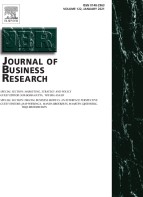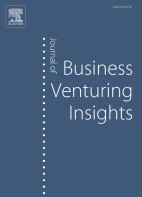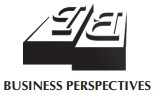
Most of the theories that have dominated supply chain management (SCM) take a reductionist and static view on the supply chain and its management, promoting a global hunt for cheap labor and resources. As a result, supply chains tend to be operated without much concern for their broader contextual environment. This perspective overlooks that supply […]

Sustainability has emerged as an important industrial strategic outlook expanding beyond organizational boundaries to include the supply chain. Simultaneously, the industry has also been faced with supply chain resilience concerns. Research on the intersection of supply chain sustainability and resilience is nascent and is a consequence of their observed mutual influences.

This paper seeks to identify the contributions of artificial intelligence (AI) to supply chain management (SCM) through a systematic review of the existing literature. To address the current scientific gap of AI in SCM, this study aimed to determine the current and potential AI techniques that can enhance both the study and practice of SCM.

We review the history of packaging and address sustainability in e-commerce packaging. E-commerce packaging generates a huge amount of waste. Packaging needs to accommodate exponential business growth in e-commerce. Current materials and technologies that could mitigate this problem are revised. Life Cycle Assessment should guarantee the sustainability of new packaging approaches.

Delta Air Lines’ latest outlook confirms Omicron probably won’t derail travel recovery, but recurrent Covid-19 setbacks still bad news for carriers. The Covid-19 pandemic is probably turning endemic, with long-lasting negative effects on the economy.

What is good for a country may not be good for its big businesses, at least recently. More turnover in top businesses correlates with faster per capita gross domestic product, productivity, and capital growth; supporting Schumpeter’s theory of “creative destruction”-innovative firms blooming as stagnant ones wither.

Blockchain technology can reduce transaction costs, produce distributed trust, and empower new business models. In the financial industry, blockchain technology allows for the rise of decentralized financial services and business models.

In a modern turbulent economic environment, strengthening the principle of quasi-stability, globalization and competition, corporate social responsibility is becoming a driving force in establishing market proportions and business development prospects.
